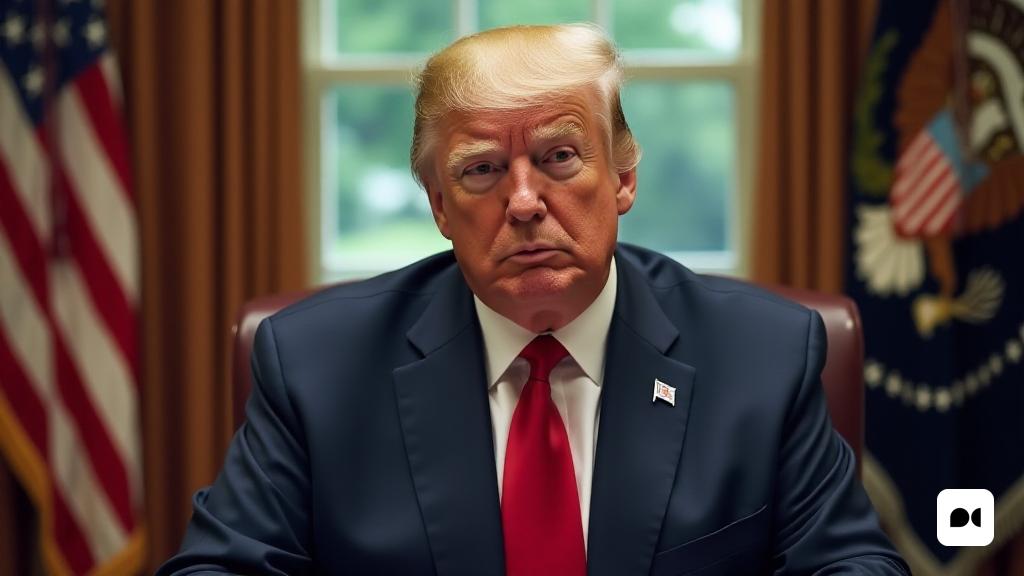A radical change in evaluation orientation
In a new political play, former President Donald Trump has introduced significant reform that transforms how public officials are selected. From now on, the ratings will be strictly based on competencies and performance, leaving aspects such as gender or ethnicity.
Reversion of inclusion policies
Trump’s announcement is a clear contrast to the inclusion model promoted by the Biden administration, which had established the obligation to consider diversity in labor evaluations. In this sense, 20% of the evaluation of officials was based on their conformity with the ideas of diversity and inclusion promoted by the Democrats.
The impact of the decision on meritocracy
With this new policy, the Trump administration proposes to prioritize individual capacity and merit over criteria that, according to its proponents, could lead to arbitrary selection. This decision has been described by Trump as ‘historic’, arguing that he eliminates mediocrity and promotes a more efficient system.
The debate about quotas and their effectiveness
Gender quotas have been a controversial topic, with the initial objective of guaranteeing a minimum representation of women in various work areas. Spain, as a pioneer in this area, has seen these policies seek to reduce structural inequality. However, criticisms have been constant, saying that they can harm competition and disadvantaged to better qualified candidates.
Reactions to the new policy
Opinions on the abolition of quotas are diverse. While some see the measure as a step towards a more meritocratic society, others argue that they can perpetuate discrimination in hiring. Detractors say that quotas were a tool needed to balance inequalities and that their elimination can have negative consequences for minorities.
Looking to the future
As these new rules are implemented, it will be essential to see how they affect the composition of public administration and if they really contribute to greater efficiency. The discussion of the balance between meritocracy and inclusion will remain a hot topic in American politics.

